Botanical Garden in Srinagar : A Comprehensive Travel Guide
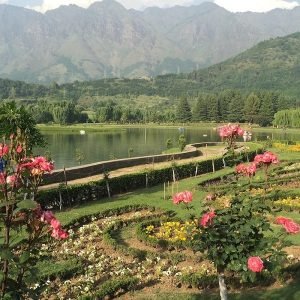



Table of Contents
ToggleIntroduction
A historical Botanical Garden in Srinagar is a verdant sanctuary, embellished with an assorted flourish of blooms and foliage to experience various varieties of lush botanical riches unique to Kashmir. Nestled in the lush Indian surroundings of Srinagar, this large garden provides gushes of fresh air along with its educational value and has surpassed as an ideal place for nature lovers, outing families or holiday goers. This ultimate guide will make you see the Botanical Garden Srinagar in a whole new light, giving vast insight into its history, features, things to do and what not… making your trip more happening.
Botanical Garden Srinagar Overview
Botanical Garden in Srinagar is a lush and beautifully landscaped garden located at the foothills of Zabarwan Mountain ranges. The botanical garden is spread over 80 acres and home to a wide range of flora from various parts of India as well the exotic plants. The garden is a great place for the lovers of nature and any one who loves to read about plants.
Key Features:
Place — Srinagar, Jammu & Kashmir.
Size: Approximately 80 acres.
Type of Garden: A vast and diverse landscape garden with a wide variety of plant collections.
Historical Background
Srinagar Botanical Garden was established in 1969 by Kashmir University, being the source to conserve rare and endangered native as well as exotic plant species. In the years since, the garden has evolved into a major botanical research and educational institution, as well as a premier tourist destination. A testament to the regions dedication of their Bio-diverse heritage in a spirit for nature conservation.
Historical Significance:
Sponsered by: Kashmir University
Year: 1969.
Mission: Research, Education & Conservation in Botany.
Architectural : Architect Photography colorWithRed fall forest treesIn addition to the beautiful natural area, there are also amazing architectual features.
A landscape garden that is home to over 300 species of plants, Botanical Garden in Srinagar has been set up with the objectiveto exhibit exceptional plant specimens. There are four main educational aspects of the garden: Didactic The Garden Of Learning Is Viable
Notable Features:
The Garden variant According to different plant characteristics, the garden is divided into several themes of partition, respectively for medicinal flowers sections and ornamental flower show coniferous trees division. Visitors to this organization can discover many plant families and ecosystems.
Greenhouses : The park has several greenhouses that are home to exotic/Latin plant species which usually do not exist in the local climate. These structures allow us to create an ideal environment for the growth of some very fragile plants.
Features You must lookout for: — Water bodies; Small feet of water by the side and features, various ponds or fountains are distressed within the design. Using them as the way for water, home gardens are made a lot stunning and calming.Transparent screens adjacent to backyard seat fill backyards so you benefit from natural surroundings while seated correct at your property.
Walking Trails: Winding their way through the Gardens, there are well maintained walking trails which provide visitors an opportunity to explore its diverse plant collections at a leisurely pace. The trails are made to allow visitors access different parts of the garden, as well provide views.
Attractions and Highlights
1. Diverse Plant Collections
Botanical Garden has a rich collection of plant species: rare and endangered plants, medicinal herbs and flowers. Some of the features include flower beds filled with bright blooms, very tall conifers and areas upon which Pacific Commercial Landscaping workers must mow citrus-green expanses.
2. Educational Displays
Well placed informative displays and graphics around the garden offer insight into different plant species, their usefulness in terms of ecology. These educational features serve to make the garden a popular destination for learning about plants and conservation.
3. Greenhouses
The Botanical Garden Part of the site are also not to be missed, as they house exotic plant species from all over the world. Together, these set pieces give us an insight into the varied flora that can be found in various parts of the planet.
4. Water Features
Ponds and fountains also contribute to the peacefulness of the garden. It creates a relaxing mood for the visitors with flowing water sounds.
5. Scenic Views
The well-planned walkways and beautifully landscaped areas give you a nice view of the entire garden. The surrounding mountains are a perfect background to this garden lifecycle.
How to Reach Botanical Garden
By Air
The closest airport to the Botanical Garden is Sheikh ul-Alam International Airport (Srinagar Airport) which lies 12 km away from it. However, you can always call a taxi or book some private shuttle at the airport to get to the garden.
By Train
How to reach SrinagarBy air: Located at a distance of 276 km, the nearest major railway station is Jammu Tawi Railway Station You can reach Guangdong Pine Ridge Botanical Garden by taking a bus or taxi from Jammu to Srinagar and then heading for the garden.
By Road
Srinagar has good road connectivity to the major cities of India. It can be reached by a drive to Srinagar or buses connected through cities like Delhi and Jammu. After reached Srinagar, you can use taxi or auto-rickshaw to arrive the Botanical Garden.
Local Transport
Reaching The Botanical Garden: In Srigar, take a local taxi or auto-rickshaw or opt for a private car and reach the botanical garden. So, It is the part of city and can reachable by bandra local.
Best Time to Visit
Spring (March to May)
Spring: The Botanical Garden is a sight to behold as all the flowers are blooming and fresh greenery emerges from the ground.jface-一-offsetof The mild temperatures coupled with the beautiful clear blue skies make this a lovely place to come.
Summer (June to August)
The weather will be warm in summer, great to walk around the gardens. At the same time, it can get very busy at times of high season (we luckily visited early in morning and able to beat crowds).
Fall (September — November)
Travel up in the fall, with cooler temps and beautiful colors everywhere. New Leaves and BriceThe new leaves brought a bit more of life to the garden.
Winter (December to February)
Srinagar itself is cold in winter with some snow. Since the garden is less crowded at this time, however, one could experience it individually among snow-clouded winter views.
Nearby Attractions
1. Shalimar Garden
Near Botanical Garden is the famed Shalimar garden- one of Srinagar’s beautiful Mughal gardens. A visit to this place is a must due to its grand design and rich history.
2. Nishat Garden
Nishat Bagh: One of the beautiful Mughal gardens in Srinagar — it is a multi-floored garden and offers wide cozey vistas over palm-fringed Dal Lake. It is famous for its colourful flower beds and peaceful surroundings
3. Chashme Shahi
Chashme Shahi (The Royal Spring) with a garden around it is considered to be the highest valuable and historic place connected to botany located just near Botanical Gardens. It provides a scenic, secluded environment to relax in.
4. Dal Lake
Famous for the Shikara rides and excellent views, Dal Lake is an appealing attraction in Srinagar to visit. Typical Srinagar experience and can be included in a trip to Botanical Garden, as fourth best thing/tourist attraction to do/visit.
My Travel Tips and Recommendations
1. Dress Comfortably
Dress in comfy clothing and walking-appropriate shoes In winter you will need to dress in warm layers as can get very cold.
2. Photography
Don’t forget your camera to photograph the Botanical Garden. Photography is generally permitted but please respect the rules and do not use flash in indoor areas.
3. Local Cuisine
Alternatively, go out for some Kashmiri delights at local restaurants. At the same time do binge on local cuisines including Rogan Josh and Yakhni, in addition to a cup of saffron-tinged tea for an enriching gastronomic escapade.
4. Health and Safety
Do pack essential medications and drink enough water. Beware of your high altitudes and have enough travel insurance.
5. Respect Local Customs
Follow the customs and traditions of that place. Be respectful, dress modestly and ask permission if your taking pictures of people.
Conclusion
Located in Srinagar, the Botanical Garden is an enchanting stop for new visitors and researchers whose charm lies not only nature’s beauty but also flora-related education. This unique and diverse plant collection found in a beautifully kept botanic garden is an exceptional attraction for nature lovers and tourists. Botanical Garden should be on City sightseeing List as visiting the garden, focusing a light orange aura of babul trees or exploring thousands types flowers would make break time from clamoring neighborhoods.
Visit Srinagar in spring or autumn to have a wonderful experience visiting other sightseeing places and exploring the beauty of this city nestling in the Himalayan ranges. Have the best time on your adventure through one of our favorite botanical marvels in the area!
How to book a Kashmir Tour with Charzan Holidays?
For a seamless and exceptional booking experience, contact Charzan Holidays at reservations@charzan.in or call us at +919622224473
People ask FAQ's
How to reach botanical garden in srinagar
To reach the Botanical Garden in Srinagar, follow these options:
By Taxi: Hire a taxi from Srinagar city center for a convenient and direct route. The journey usually takes around 20-30 minutes.
By Auto-Rickshaw: Available throughout Srinagar, and can take you directly to the Botanical Garden.
By Private Car: If you have a rental car, you can drive yourself. The garden is well-signposted and accessible.
By Public Transport: While less direct, local buses or shared cabs might be available. You may need to walk a short distance from the nearest stop.
For the latest travel information and directions, checking with local tourism offices or asking for guidance locally is advisable.
Botanical Garden Srinagar location
The Botanical Garden in Srinagar is located in the Zabarwan Range area, on the eastern side of Dal Lake. Its exact address is:
- Botanical Garden, Srinagar, Jammu and Kashmir, India
The garden is situated about 7-10 kilometers (4-6 miles) from Srinagar city center. It is positioned on the foothills of the Zabarwan Range, offering beautiful views and a serene environment.
Botanical garden in srinagar entry fee
The entry fee for the Botanical Garden in Srinagar is typically:
- ₹10 per pearson for Indian visitors.
- ₹50 per person for foreign tourists.
These prices are subject to change, so it’s a good idea to verify with local authorities or tourism offices for the most current rates before your visit.
Botanical garden in srinagar timings
The Botanical Garden in Srinagar is generally open to visitors from 9:00 AM to 7:00 PM. These hours may vary slightly depending on the season and local conditions. For the most accurate and up-to-date information, it is best to check with local tourism offices or the garden’s administration before planning your visit.
Frequently Asked Questions
1. What is the Botanical Garden in Srinagar? | |
| The Botanical Garden in Srinagar is a well-maintained garden showcasing a variety of plants, flowers, and trees, including numerous species native to Kashmir and other regions. | |
2. How do I reach the Botanical Garden? | |
| The Botanical Garden is located about 5 kilometers from the center of Srinagar. You can reach it by taxi, auto-rickshaw, or local bus, taking approximately 15-20 minutes. | |
3. What are the main attractions of the Botanical Garden? | |
| The garden features beautiful flower beds, themed sections, a wide range of plant species, and picturesque walking paths, making it ideal for leisurely strolls and photography. | |
4. Is the Botanical Garden suitable for families? | |
| Yes, the Botanical Garden is family-friendly, offering a peaceful environment where families can enjoy nature and relax together. | |
5. What is the best time to visit the Botanical Garden? | |
| The best time to visit is from April to October when the weather is pleasant, and the gardens are vibrant with blooming flowers. | |
6. Are there accommodations available near the Botanical Garden? | |
| Yes, several hotels and guesthouses in Srinagar cater to various budgets and are conveniently located near the garden. | |
7. Can I find food options at the Botanical Garden? | |
| While there are no formal dining facilities within the garden, nearby eateries in Srinagar offer food options. It’s advisable to bring snacks for a picnic. | |
8. What should I wear when visiting the Botanical Garden? | |
| Wear comfortable clothing and sturdy shoes suitable for walking. Dressing in layers is recommended due to variable weather conditions. | |
9. Is there an entry fee for the Botanical Garden? | |
| Yes, there is a nominal entry fee for visiting the Botanical Garden, which helps with maintenance and upkeep. | |
10. What wildlife can I expect to see at the Botanical Garden? | |
| You may observe various bird species, butterflies, and local flora, especially during the blooming season, adding to the garden’s charm. | |
11. Can I take photographs at the Botanical Garden? | |
| Yes, photography is allowed, and the beautiful scenery provides excellent opportunities for capturing stunning images. | |
12. Is it safe to travel to the Botanical Garden? | |
| Yes, the Botanical Garden is generally safe for tourists. However, it’s best to travel during daylight and use trusted transportation. | |
13. Are there guided tours available for the Botanical Garden? | |
| While specific guided tours may not be common, local tour operators may include the Botanical Garden in broader sightseeing tours of Srinagar. | |
14. What are the scenic views like at the Botanical Garden? | |
| The Botanical Garden offers beautiful views of diverse flora, landscaped gardens, and the backdrop of the majestic Himalayas, making it a serene retreat. | |
15. What is the best time of year to see flowers in bloom? | |
| The peak blooming season is typically from late spring to early summer (April to June), when the garden is at its most colorful. |




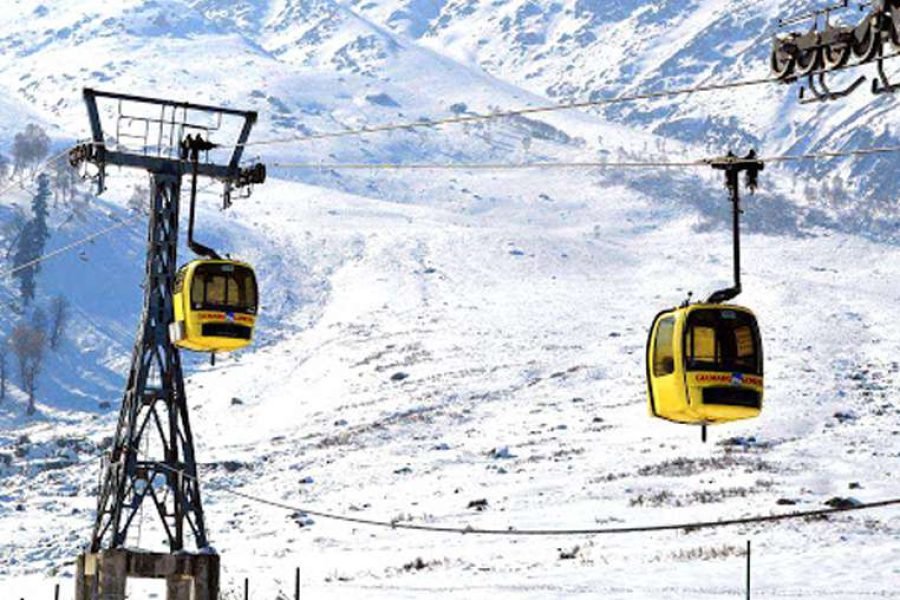
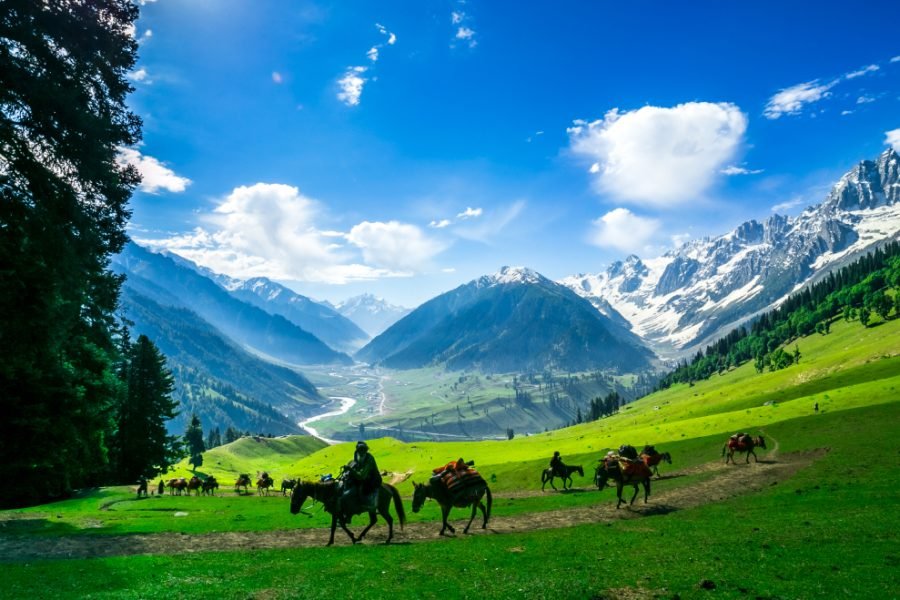
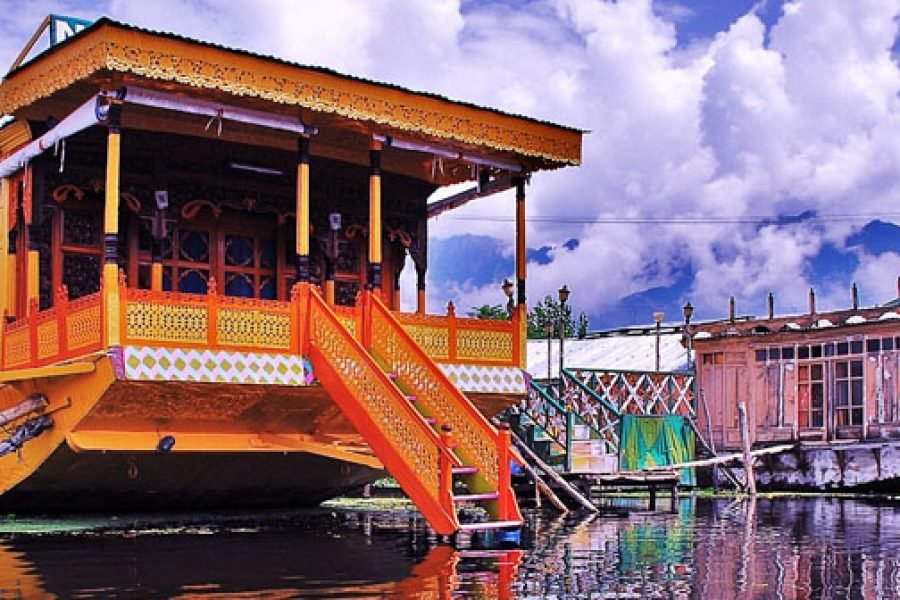
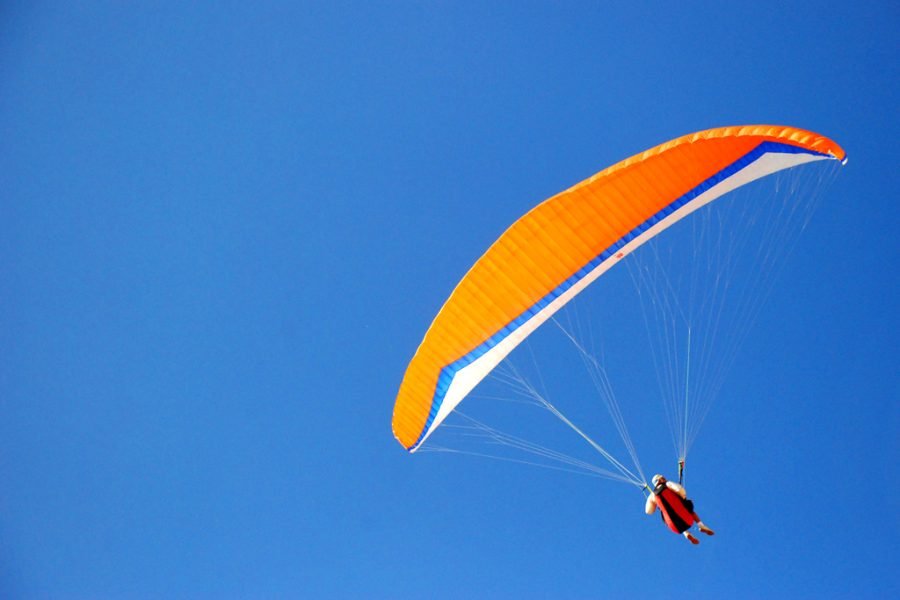
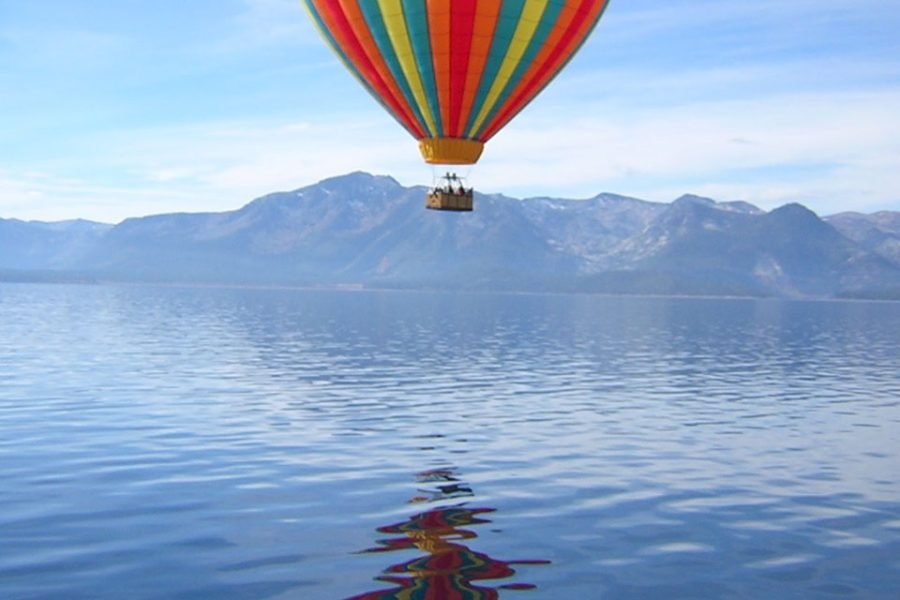
0 Comment